‘I want to talk but no one is listening’: What men really say about their mental health

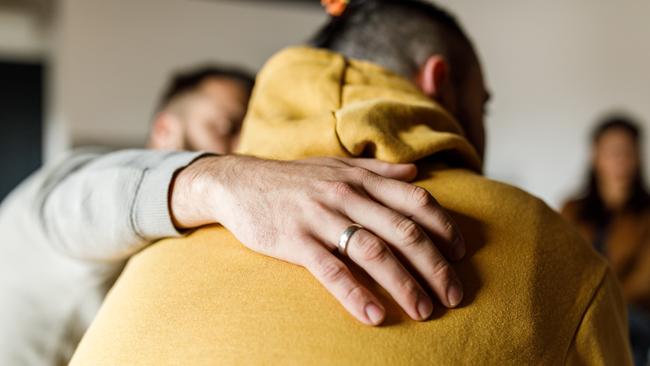
Here’s what some said about the idea of sharing their problems: “It’s not that men don’t want to talk. It’s that when they do talk, they don’t feel heard but rather feel judged and belittled.”
And: “I can tell you why men don’t talk about it. Because when all is said and done, no one really cares.”
This article was intended to encourage men to talk about their feelings, outline how poor mental health can appear and to destigmatise mental health issues.
But more needs to be done to address the issues raised around trust and needing to feel heard without judgment. The importance of feeling safe enough to share, to know that what is said will be held in confidence, and of feeling heard and accepted when at your lowest point, cannot be understated. As one reader said: “Whatever you say will be used against you! That is why men don’t talk.”
The discussion has revealed a lot of frustration, pain and anger, with the recurring theme that some men say they feel if they do share their hardship they’ll get nowhere or even be traumatised because of ingrained masculine norms.
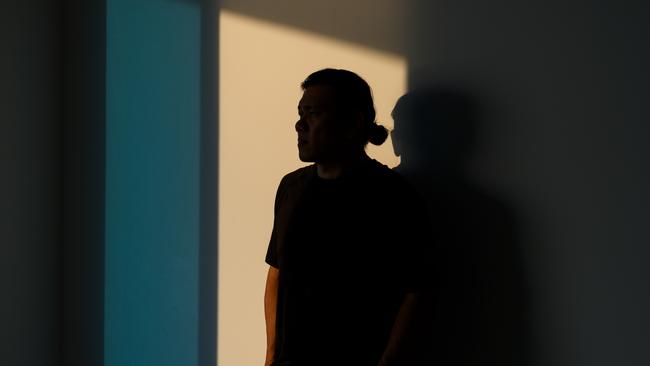
Some of these norms, such as the “stiff upper lip” in difficult times, have been passed on through generations since the era of Charles Darwin and is discussed in his published work from 1872, The Expression of the Emotions in Man and Animals. This reinforces these ideas that men should not be emotional and deters people, especially men, from sharing how they feel when the chips are down. It’s erroneous to equate showing emotion with weakness. Men face unique barriers to engaging with mental health services because of common attitudes such as masculine norms of self-reliance and stoicism. One reader’s comment suggests this is intergenerational: “My generation, my father’s generation and my grandfather’s generation were/are stoic.”
It’s good to see from the discussion generated by this article that men are willing to share among themselves. As one said: “Men need good male friends.”
Although public campaigns such as the R U OK? Day, the Movember movement and Men’s Sheds aim to address some of these gaps, they are not tailored to individual needs. As one reader said: “From personal experience, when I asked the organisers/promoters and HR etc what do they do/what happens when someone (employee/friend) answers ‘NO, I am NOT OK’, they often replied ‘Not sure’ or suggested the sufferer should maybe seek help. Basically, I left with the impression that in some/many workplaces this day of recognition etc was just purely box ticking by HR/management … there was NIL genuine/serious benefit, assistance or support being offered or provided to sufferers.”
Online services are designed in part to fill such a space where there is no other option or where there is a crisis or suicidality. The anonymity provides some comfort of absolute confidentiality.
In a study entitled I Called When I Was at My Lowest: Australian Men’s Experiences of Crisis Helplines (2022) that examined men’s experiences of telephone helplines during the Covid-19 pandemic lockdown, services such as Lifeline (44 per cent), Beyond Blue (42 per cent), MensLine (29 per cent) and Headspace (12 per cent) were the most used. There were 812 boys and men aged 17 to 83 who responded to the survey.
According to this study, helplines play a part in the mental health system and, although helpful for some, they are not perfect. Regardless of the service, the study revealed that there was a tendency to focus strongly on suicide prevention when men called. Given that suicide rates for men are three times higher than for women this makes sense; however, this was also the reason some male users felt dissatisfied and wouldn’t use the service again.
The men in the study said the focus on suicide prevention interrupted connection, lowering engagement on the call. The men said they felt once the recipient of the call assessed that suicide was not imminent, their interest in furthering the consultation diminished.
The recipients of online calls are mostly volunteers and, as such, the level of satisfaction reported by the caller depends on who receives the call, how experienced they are and how well the volunteer can engage and create rapport within the length of a phone call. Some are very good at this; others, not so.
The helplines in Australia are not all targeted towards suicide prevention and crisis intervention. They offer support for a range of social and emotional problems, including suicide and crisis intervention and, despite their limitations, are considered an essential preventive measure for all levels of distress, given what we know regarding the links between depression, anxiety, loneliness, relationship breakdown and suicidality for men.
But as one reader put it: “Has anyone actually tried to contact or gain an appointment with an ‘available’ psychiatrist recently? … wait time of 3-4 months isn’t conducive to a remedy, and the ‘online’ agencies are not much help either.”
Another reader said “research into this problem” was required and went on to hypothesise: “It’s not that men don’t want to talk. It’s that when they do talk, they don’t feel heard but rather feel judged and belittled. Hence the research challenge is how to improve caring and listening skills.”
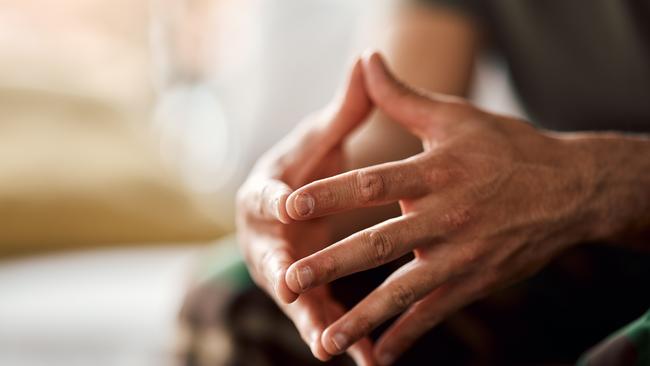
This is an important comment and an area that needs further investigation. The National Health and Medical Research Council acknowledges that sex-disaggregated research is needed to determine how we tailor interventions to improve health outcomes. We all have different responses to triggers, and environmental, social and cultural influences affect many aspects of our health – or as another reader commented: “Simply put, men and women aren’t the same and while I think therapy is great, the solutions for men and women also aren’t the same.”
Work is being done to address these gaps and the body of information being collected by the Ten to Men longitudinal survey of men across their lifespan, which started in 2013, will assist the development of programs and policies targeted to boys and men. This is also informing the National Men’s Health Strategy 2020-2030 but, as we know, implementation of change even when evidence is translated from research progresses slowly.
Having good mental health helps a person to participate in life and relationships and to contribute to the community. It is a state of cognitive, emotional and social wellbeing, which is never constant in life as change, challenges and loss will occur.
An image I will never forget is that of the smiling face of Graham Burrows, who co-ordinated an international conference on the investigation of stress that I attended many years ago. Burrows, who died in 2016, was a leading world expert in psychiatry and he posted a slide with his list of recommendations for maintaining good mental health. The list included:
- Have a supportive network.
- Love what you do.
- Nurture intimate relationships – family and friends.
- Laugh.
- Exercise daily (he walked the dog at 5am every day).
- Take up a hobby.
As simplistic as this list sounded at the time, nearly three decades later it holds true in many ways, with many comments reflecting the importance of being with mates, playing a sport such as golf, talking to other men, changing career paths.
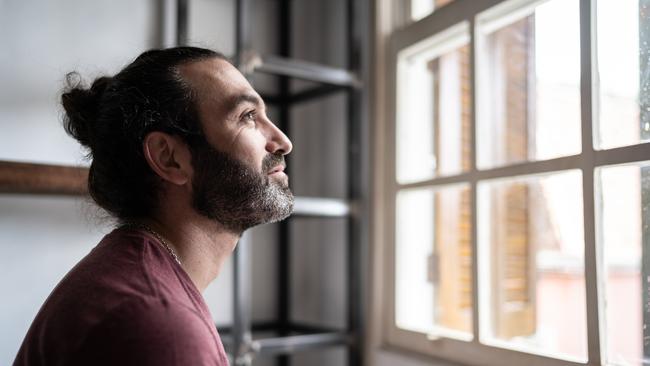
I’ve been a GP for more than 30 years and my patient cohort consists equally of males and females. Both can be affected by mental health challenges throughout life. Feeling safe and cared for when in an intimate relationship and the need for a supportive network are important for both sexes. There is a spectrum of emotion that anyone can experience with the inevitable frustrations that occur in life – but where there is intense grief, bereavement, separation from a partner or work issues, talking about it is a good place to start. Who happens to be listening at the other end plays a significant part in the overall experience of that interaction, which even can determine the impact and recovery. The importance of feeling listened to and accepted for who you are is expressed in another comment: “My journey out of anxiety and depression started with being heard.”
A good place to start having these conversations is with your GP. So, next time you book for a repeat script, back pain or a skin check, let the GP know. We are here to listen and support you through this.
If this story has raised issues for you, contact Lifeline on 131 114 or lifeline.org.au; or Beyond Blue: 1300 22 4636 or beyondblue.org.au.
Associate Professor Magdalena Simonis AM is a senior honorary research fellow at the University of Melbourne department of general practice.
This column is published for information purposes only. It is not intended to be used as medical advice and should not be relied on as a substitute for independent professional advice about your personal health or a medical condition from your doctor or other qualified health professional.
REFERENCES
• Darwin, Charles: The Expression of the Emotions in Man and Animals (1872)
• National Men’s Health Strategy 2020-2030


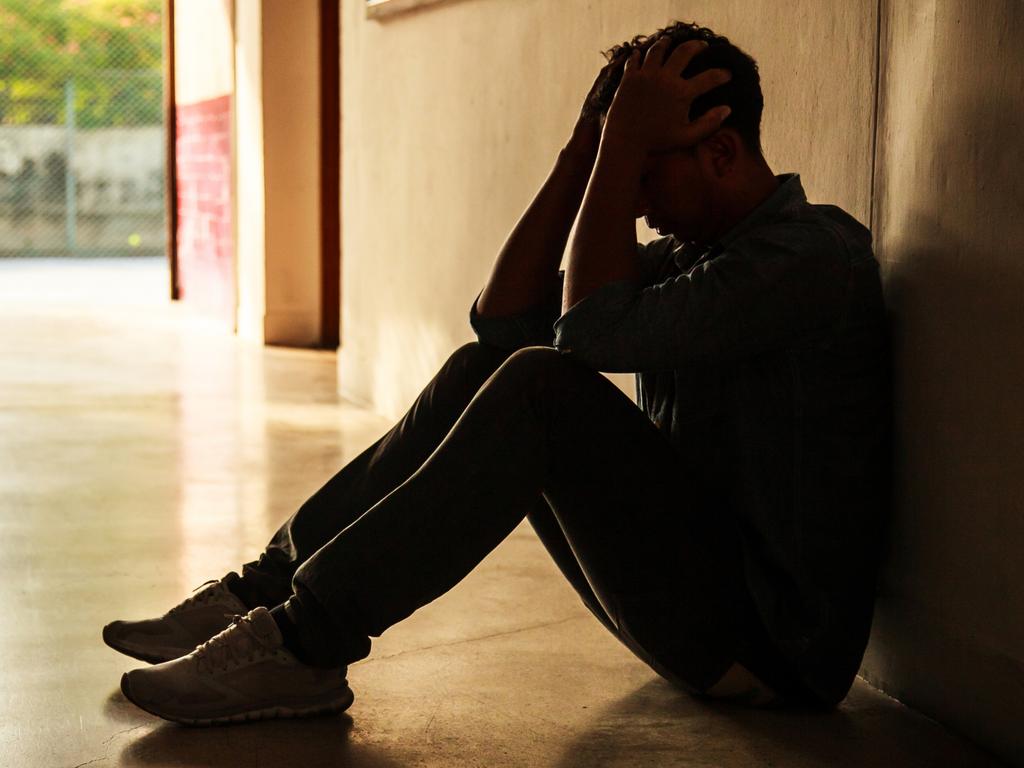



When I called for men to talk about their mental health, I wasn’t sure what the response would be. But the comments from readers show that many men do want to speak about their emotions, although they feel they are not being heard. Or, worse, that their vulnerability when they open up is seen as merely weakness and puts them in an invidious position.